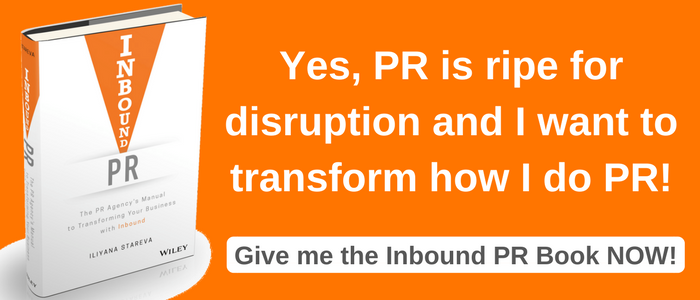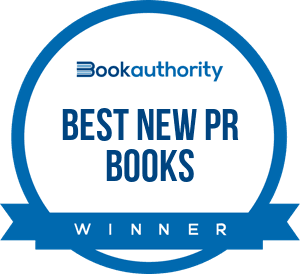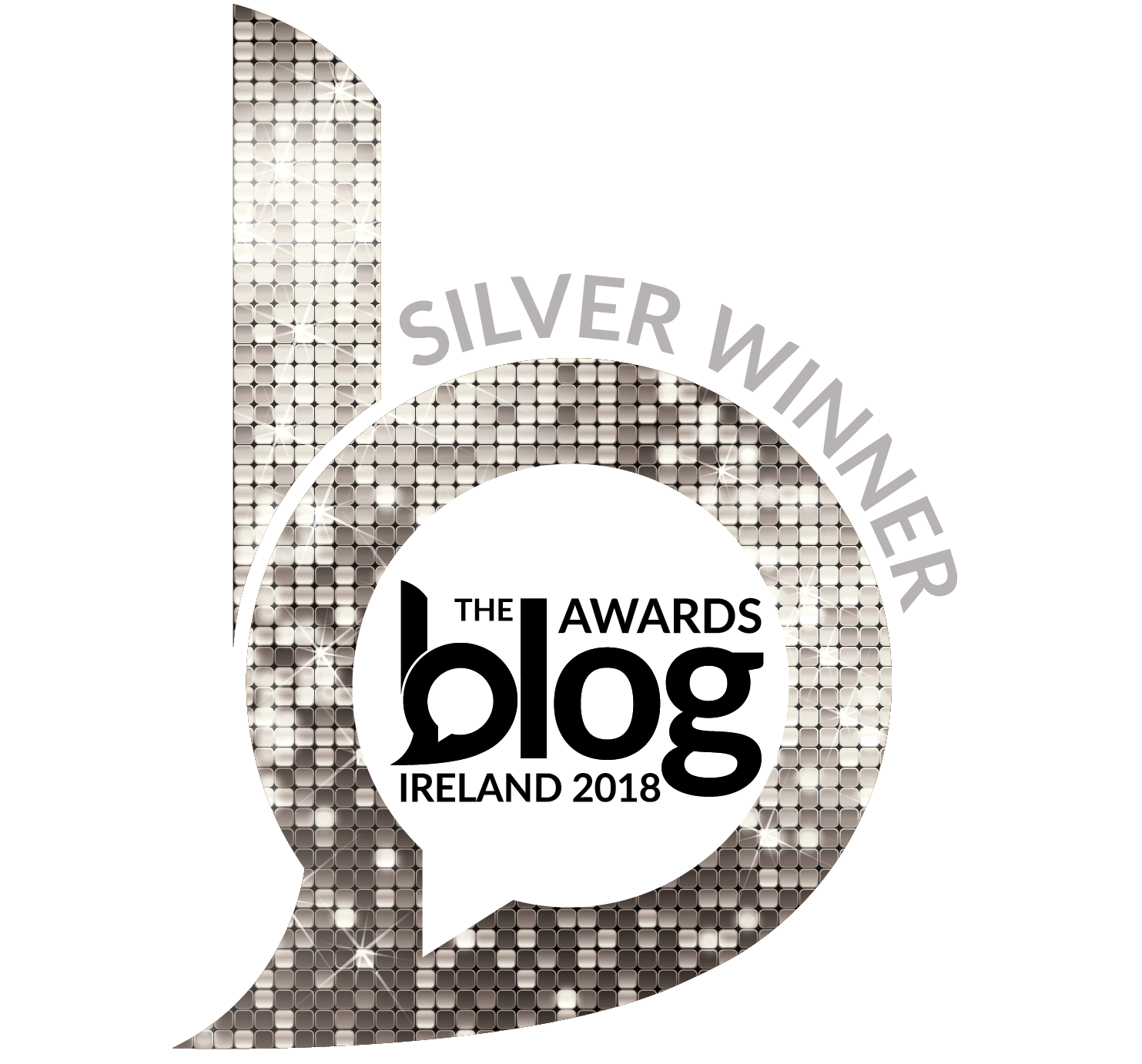After publishing two of the interviews for my dissertation that I conducted with Heather Yaxley and Shelley Fletcher-Bryant, now it’s time for the next one.
Below you’ll see the responses of  Annie Bowden. Annie is a PR & Communications Officer at the Royal Society of Wildlife Trusts and is also a freelance PR Consultant. She has worked with a wide range of people from professional sports men and women to students, company directors to community projects. You can find her on LinkedIn.
Annie Bowden. Annie is a PR & Communications Officer at the Royal Society of Wildlife Trusts and is also a freelance PR Consultant. She has worked with a wide range of people from professional sports men and women to students, company directors to community projects. You can find her on LinkedIn.
Q: How do you think the emergence of social media changed PR? Is it a positive or a negative impact and why?
I think social media has forced PRs to sit up and take notice of the digital world and the impact of its activities within it. The PR industry now has to be even more reactive than ever before – before services like a bad news story for your company/client would hit the next day, giving you time to think about managing the situation and what you were going to do to combat it. Now, a story can be both live and viral within minutes, cutting down the time in which you are able to manage the crisis. This can, of course, be a good thing too and something that PRs can use to their advantage if they are savvy in their use of social media tools, particularly Twitter.
Being a child of the digital age, I think the increasingly use of social media is a great thing and is something that we can use to our advantage in terms of communicating with stakeholders and spreading good news. There are definitely more challenges presented by its emergence but I think the PR industry should embrace social media and utilise it strategically and creatively rather than fear its existence.
Q: What are the main differences between traditional PR and PR 2.0?
I think the key difference is probably the pace at which things move. In a world of newspapers, radio and television you have an awful lot more time on the ball, so to speak, and have the ability to plan in a more structured fashion and spend less time being reactive as a consequence. In the digital world, things move very fast. A story can be online within seconds and that can work both to your advantage and present you with challenges if things aren’t going quite how you hoped! We are also able to reach a much wider audience more easily now than ever before, which is great.
Q: What opportunities does social media provide? What are the advantages and disadvantages?
The effectiveness of social media for your business really depends on what it is that you do. For example, in my career I have worked for a professional sports team, a college and a charity, for all of whom social media is a fantastic tool. I have been able to interact with fans, students and stakeholders with a casual ease that you can’t necessarily foster through some more traditional methods. I can contact people with our messages at any time of day or night from anywhere and really build a relationship with them and I think that personal touch is a wonderful side effect of social media – though it can very quickly take over your life!
At RSWT (Royal Society of Wildlife Trusts), we are able to utilise a number of different social media platforms (Facebook, Twitter, Pinterest, Flickr and YouTube) as what we do is so varied and I am able to provide each of those channels with relevant content and resultantly people interact with it. However, a lot of businesses are making the ‘one size fits all’ mistake with social media and signing up to each and every platform because it’s what they think they should be doing rather than taking the time to consider what would work for them and their business and put their efforts into that rather than trying to manage a number of unsuitable efforts.
As I have discussed above, social media can also be an absolute nightmare if you are on the wrong end of a conversation. It’s great to spread a positive message quickly, but a negative one will spread even faster making it challenging to cope with!
Q: How do you think the emergence of social media affected the Marketing Mix?
I think it has served to enhance the marketing mix. PROs and marketers now have even more tools at their disposal to get their message to potential customers and that is definitely a good thing, in my opinion. I think it also allows for more creativity in marketing, which again is exciting.
Q: What are the main challenges of measuring PR and social media activities? What do you think is the most effective way of measuring them?
The key issue is of course proving its worth. Unlike traditional marketing, it is very difficult to prove that your social media activity has an actual conversion rate into customers, it’s hard to prove ROI which has always been what managers look to as a measure of effectiveness. I personally use a number of tools, such as Klout and the in-built Facebook insights, to measure how effective our social media activity is in terms of engagement. For me, the aim is to get more and more stakeholders engaging with us through our social activity and increase followers/likes to increase the reach of our content. We are slightly different in that we are not attempting to attract customers, so engagement is key.
Q: Can you please briefly describe a normal working day? What are your usual day-to-day activities; how much of them are combined with social media, e.g. how much time of your workday do you spend in blogs and social media networks etc?
As I work over two projects (Biffaward and Local Food), my time is usually divided fairly evenly between them. Both require traditional PR support in terms of writing and sending press releases, approving releases from projects, dealing with enquiries from projects and/or media outlets, updating websites and so on. I also manage the social media activity for both projects and check on all our channels at least 5 or 6 times a day as well as posting relevant updates too. This is linked intrinsically with all the press activity we engage in as we are keen to spread the coverage through these channels as part of our content. I am also responsible for the organisation of an annual awards ceremony for one of the projects, which is taking up a fair chunk of my time at the moment.
Q: Does this change affect your personal life? Do you spend relatively more time “working”, e.g. monitoring social media and networking, in your free time now in comparison to let’s say 6 years ago?
As a child of the social media age, I’ve always got my iPhone to hand to check my personal social media channels, which are linked to my work ones too. Personally, I don’t find it intrusive as I really enjoy the social media side of my job but it is definitely a constant presence!
Q: Do you think there is a lack of knowledge and skills in social media among PR practitioners? What are the reasons for this?
I think that is probably fair, but social media is still fairly new to a lot of people. I am young and have been brought up using a computer and smart phones so I don’t struggle with the use of social media. But some of my older colleagues who have not been surrounded by social media do struggle a little more with it. We are, as an industry, still discovering what works and what doesn’t so it would be naive to assume that we knew all the answers and were doing everything as well as we could as I am sure there are many more interesting theories and tactics to come!
Q: What are your predictions for the future of the practice and what do you think would be the biggest challenges for the industry?
I think social media will continue to lie within the PR and marketing mix but I don’t think it will be to the detriment of – or will even replace – more traditional marketing methods. It will become just another tool that we use to help spread a message, something that is second nature.
Want to know more about social media’s impact on PR?
Get the book here. The research was published as a book called "Social Media and the Rebirth of PR". Read it now!







